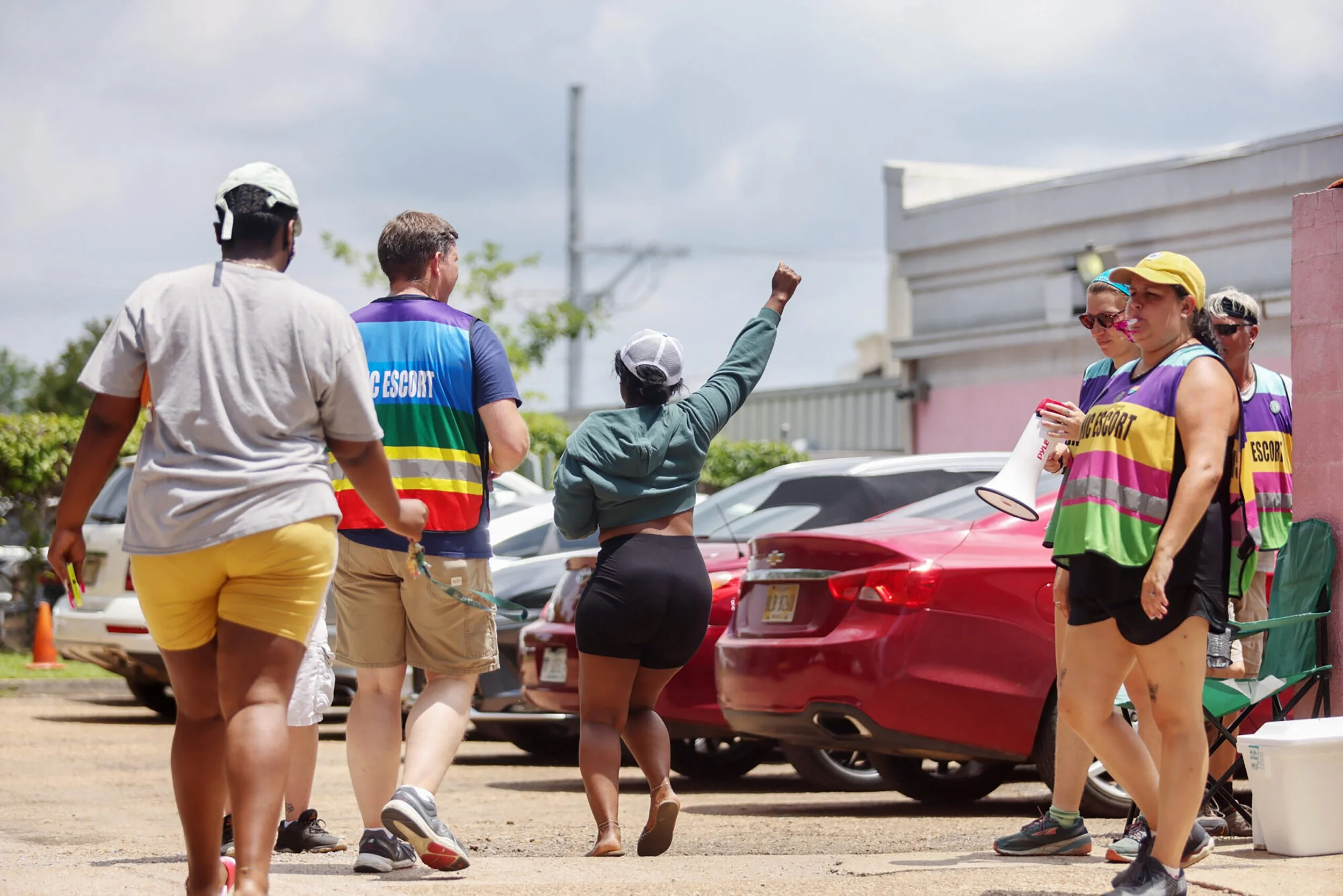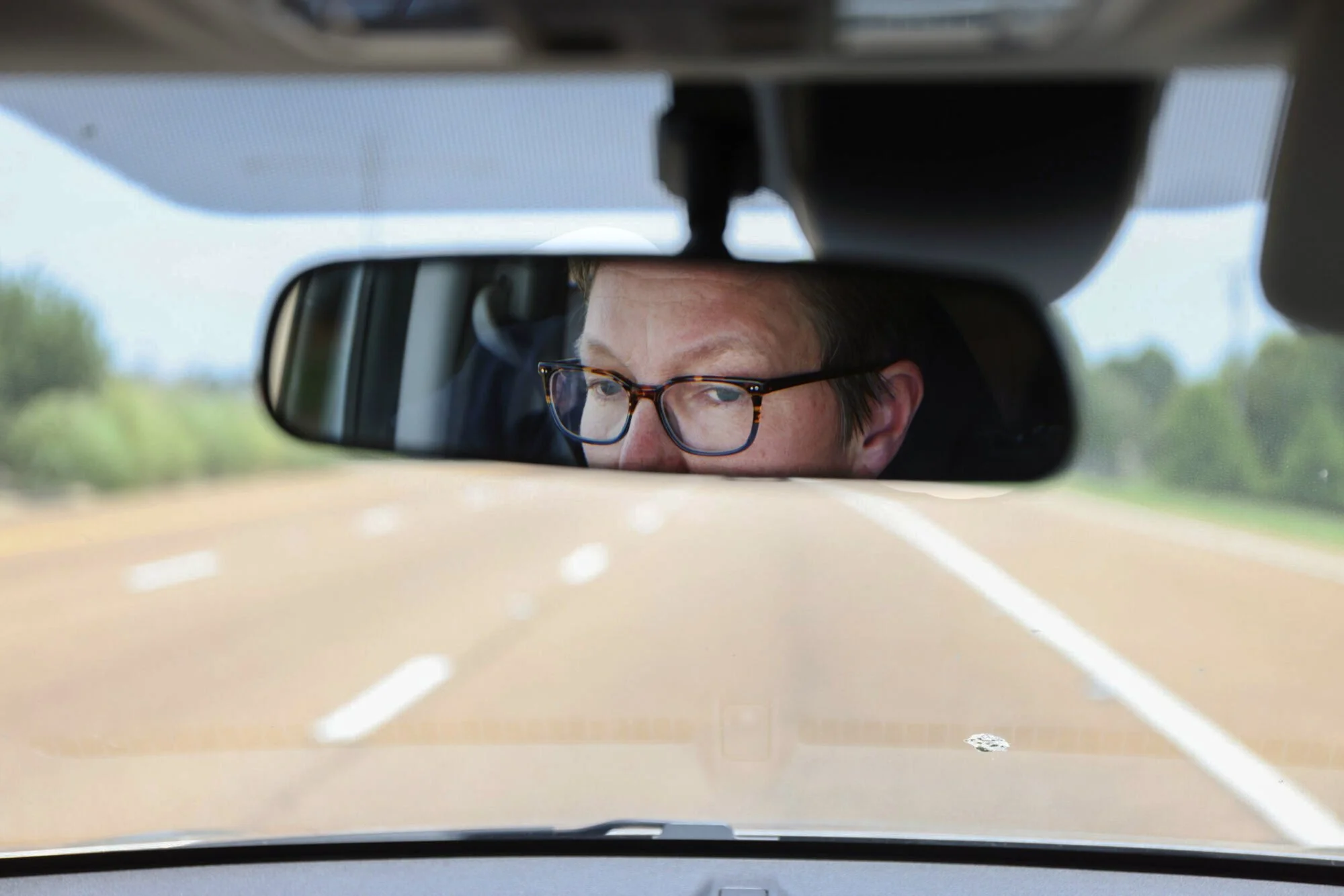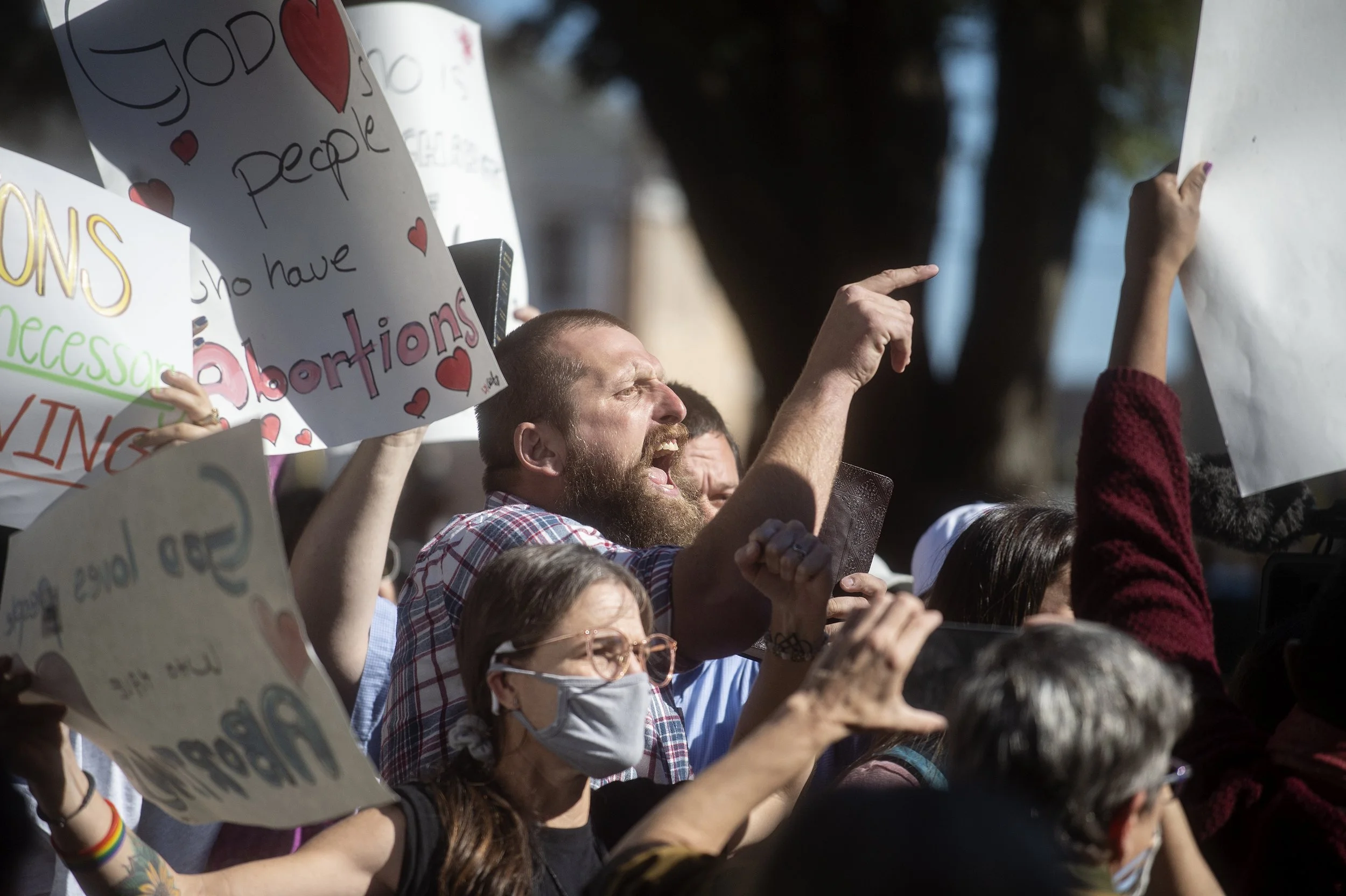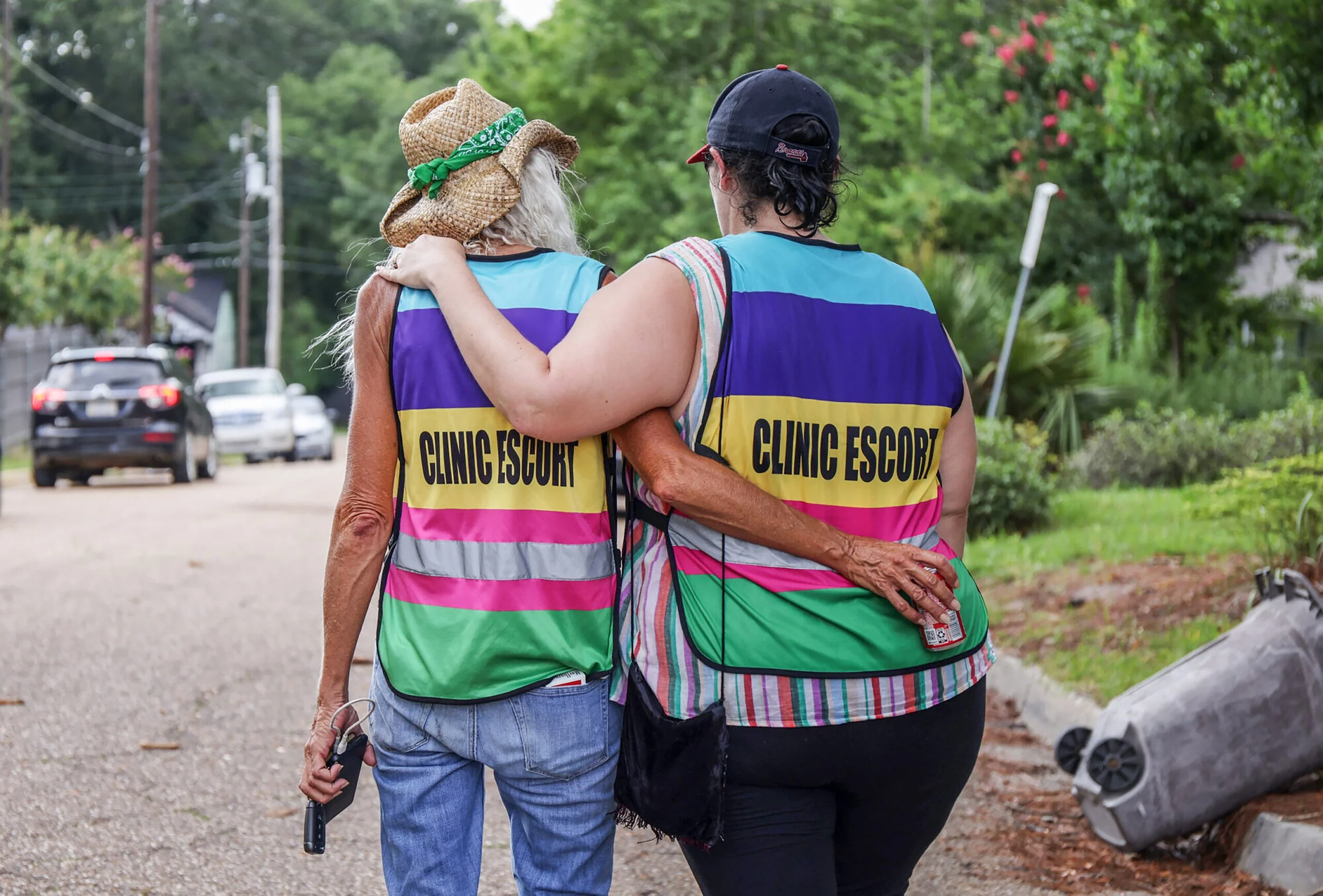In Mississippi, where gospel hymns float through humid air and state lines often double as battlegrounds, the Pink House stood as a last refuge. Bold and unmistakable in color, Jackson Women’s Health Organization was more than a clinic—it was a flashpoint, a promise, a defiance painted in pink.
But in the summer of 2022, as the Supreme Court overturned Roe v. Wade, Mississippi’s trigger law snapped into place. On July 6, the clinic shut its doors for the final time, leaving the state without a single provider. What followed was a silence that echoed louder than the chants outside its gates.
Dr. Cheryl Hamlin, who traveled from out of state to provide care in the face of protest and political pressure, walked out for the last time, her steps marked by both weariness and quiet resolve. Outside, the faces of protesters and clinic escorts told the story of a divided nation—one deeply personal, intensely public.
Mississippi now enforces one of the strictest abortion bans in the country—no exceptions for incest, and only in cases of reported rape or life-threatening emergencies. In 2025, the state continues to tighten its grip, with efforts to criminalize not just abortion, but the act of helping someone seek one.
These photographs are not just documentation of policy shifts. They are the imprint of choices denied, of rights rescinded, of people navigating the space between fear and courage. They show not just an ending, but the weight of what it means to lose something quietly, permanently, and in plain sight.
This is Mississippi, post-Roe: a place where a pink building once offered care, now replaced by the question—what happens when the last door closes?










